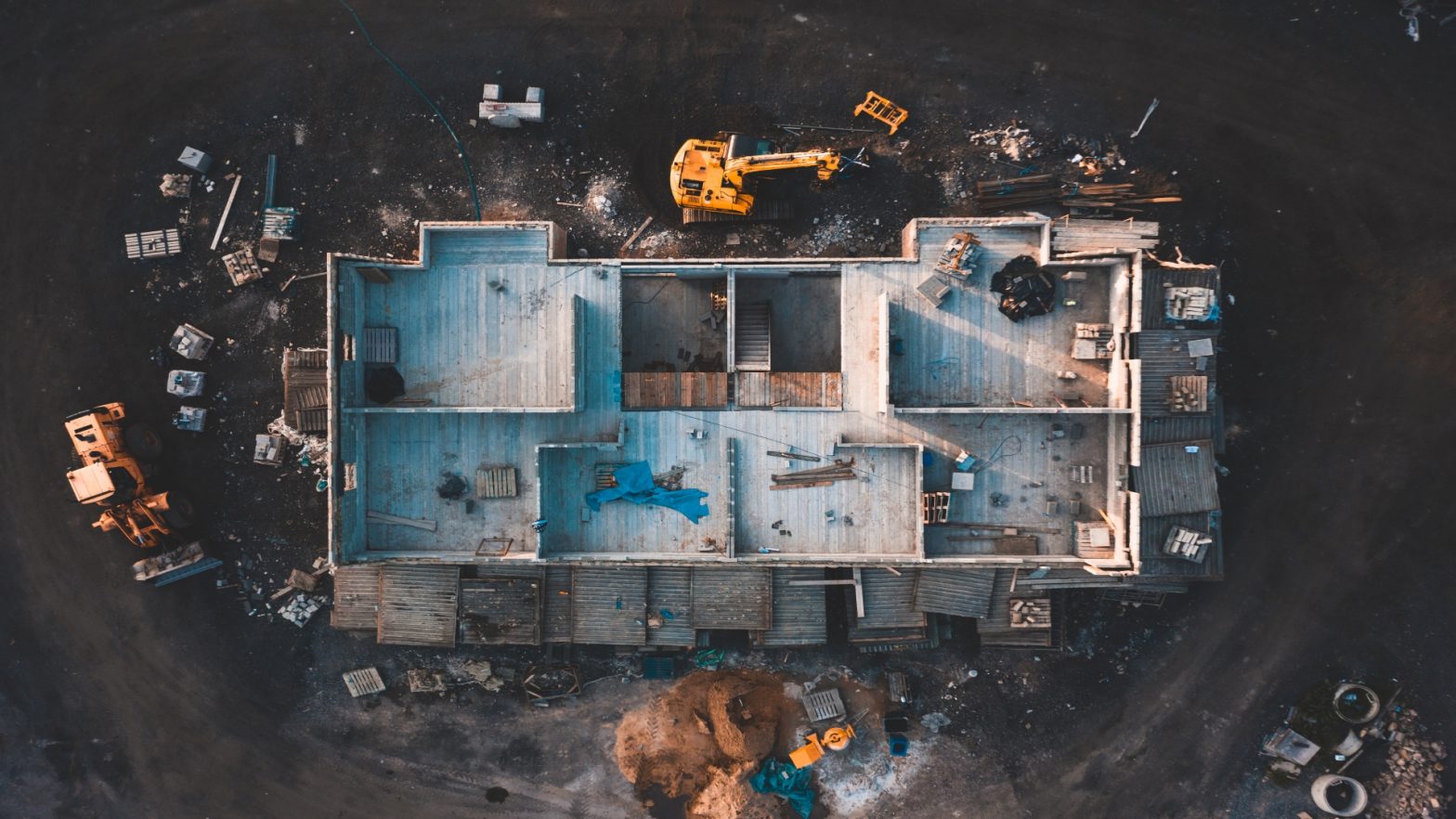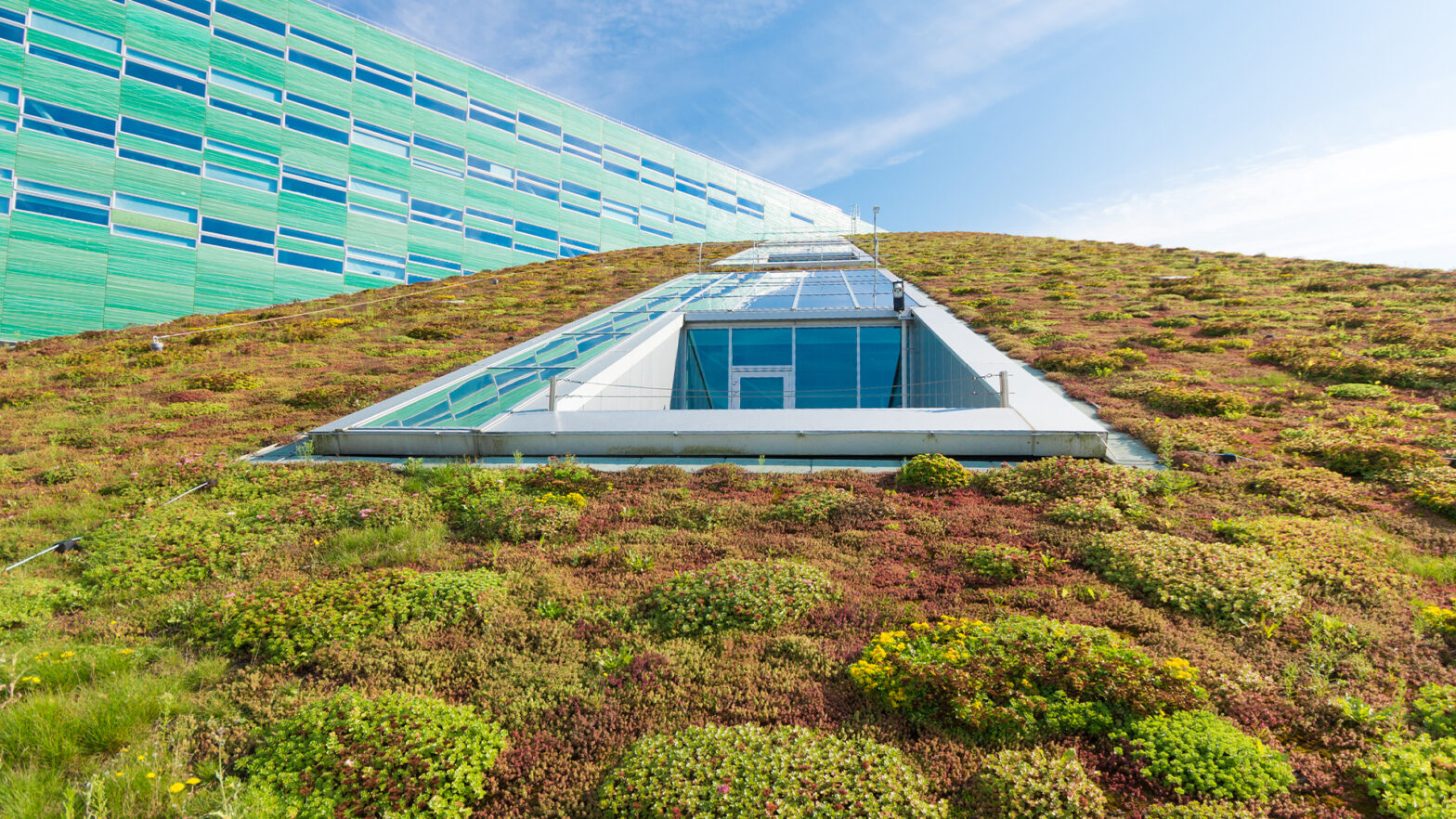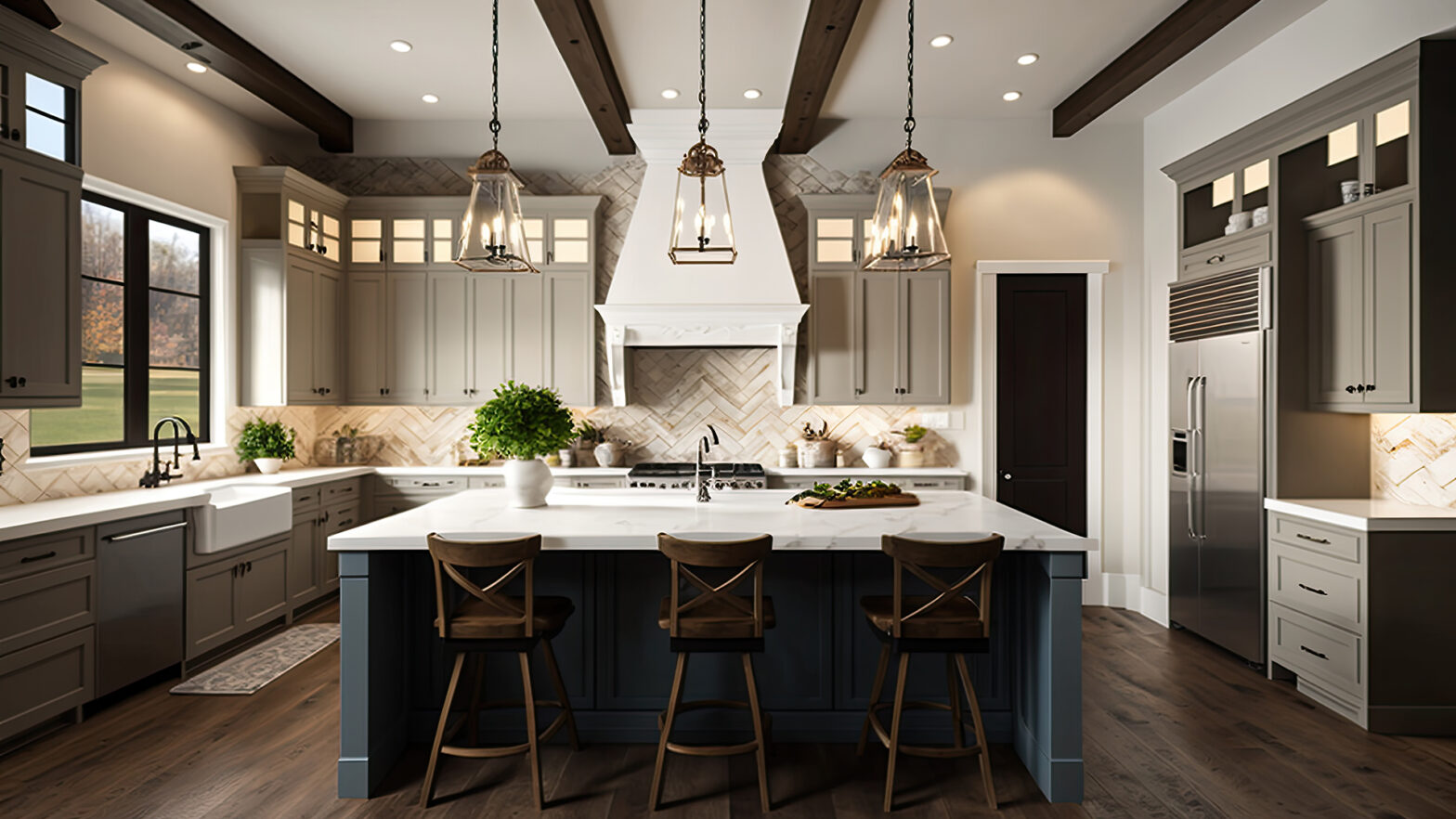Selecting the optimal acoustic wall panels in commercial construction projects is crucial impacts not only the building’s performance and aesthetics but also its overall value. An array of options—ranging from conventional materials such as drywall to groundbreaking solutions like insulated wall panels—are available on today’s market; therefore, one must carefully consider factors including durability, energy efficiency, design flexibility and cost-effectiveness when making a choice suited for their specific project needs.
Durability and Strength
Durability stands as a primary consideration in the selection of wall panels for commercial construction. Heavy use and wear over time subject commercial buildings, thus necessitating the choice of panels capable not only to withstand daily rigors but also maintain their structural integrity under various conditions. Concrete, metal, and fiber cement–materials known for their excellent durability and strength–present themselves as suitable choices in high-traffic areas or environments prone to impact or abrasion.
Energy Efficiency and Insulation
Energy efficiency, in addition to durability, holds pivotal importance in commercial construction; this is especially true as the tightening of building codes and regulations continues. Offering a potent strategy for enhancing energy performance and curtailing heating/cooling expenses within commercial edifices are insulated wall panels. A layer of insulation – strategically sandwiched between exterior and interior facings – features prominently on these panels: it bestows enhanced thermal resistance thus minimising heat transfer through the building envelope. Commercial developers can potentially qualify for energy efficiency incentives or certifications, while they create more comfortable and sustainable buildings by choosing insulated wall panels.
Design Flexibility and Aesthetics
Aesthetics significantly influence commercial construction projects, alongside the essential elements of functionality and performance. Architects and designers can realize their desired look for both the interior and exterior of a building with wall panels available in an extensive array: colors span from vibrant to muted; textures range from coarse to smooth–even finishes vary dramatically. The design flexibility offered by wall panels–from sleek, modern metal surfaces; to warm, natural wood grains–not only allows for striking visual variety but also facilitates cohesive spatial creation that echoes either brand identity or desired ambiance within any given commercial property.
Cost-Effectiveness and Long-Term Value
In choosing wall panels for commercial projects, balance is key: cost-effectiveness must align with performance and style. Higher initial costs for some materials may lead to long-term savings with lower maintenance, energy efficiency, and durability. On the other hand, cheaper materials might increase total expenses over time due to more frequent upkeep or replacement needs. Developers can ensure maximum return on investment by thoroughly assessing the total cost of ownership, considering maintenance, lifespan, and energy conservation.
Fire Safety and Code Compliance
In commercial construction, fire safety is paramount; choosing wall panels that meet or exceed regulatory standards is key to protecting occupants and property. Fire-rated wall panels, designed to resist flame and smoke spread, provide critical time for safe evacuation—minimizing property damage and life safety risks. Developers must select wall panels carefully, strictly observing local codes and fire-safety norms to reduce risks and ensure occupant protection.
Installation and Construction Efficiency
Selecting wall panels for commercial projects requires evaluating performance, aesthetics, installation ease, and construction efficiency. Prefabricated options like insulated metal or modular systems offer key benefits, including rapid, precise construction and cost savings. These panels are manufactured in a controlled environment, which reduces waste and labor costs—significant perks that also speed up the build. By opting for prefabricated panels, developers can streamline building processes, lessen interruptions, and reach completion quicker.
For a commercial construction project, one must carefully consider factors such as durability, energy efficiency, design flexibility, cost-effectiveness and fire safety when choosing the appropriate wall panels. Developers have to weigh the benefits against trade-offs of various options; they could opt for insulated wall panels to enhance their building’s appearance or select aesthetically pleasing materials for improved energy performance. When developers choose the most suitable wall panels based on their specific needs and priorities, it enables them to create not only functional but also efficient commercial buildings that will remain visually appealing and sustainable in future years.
































